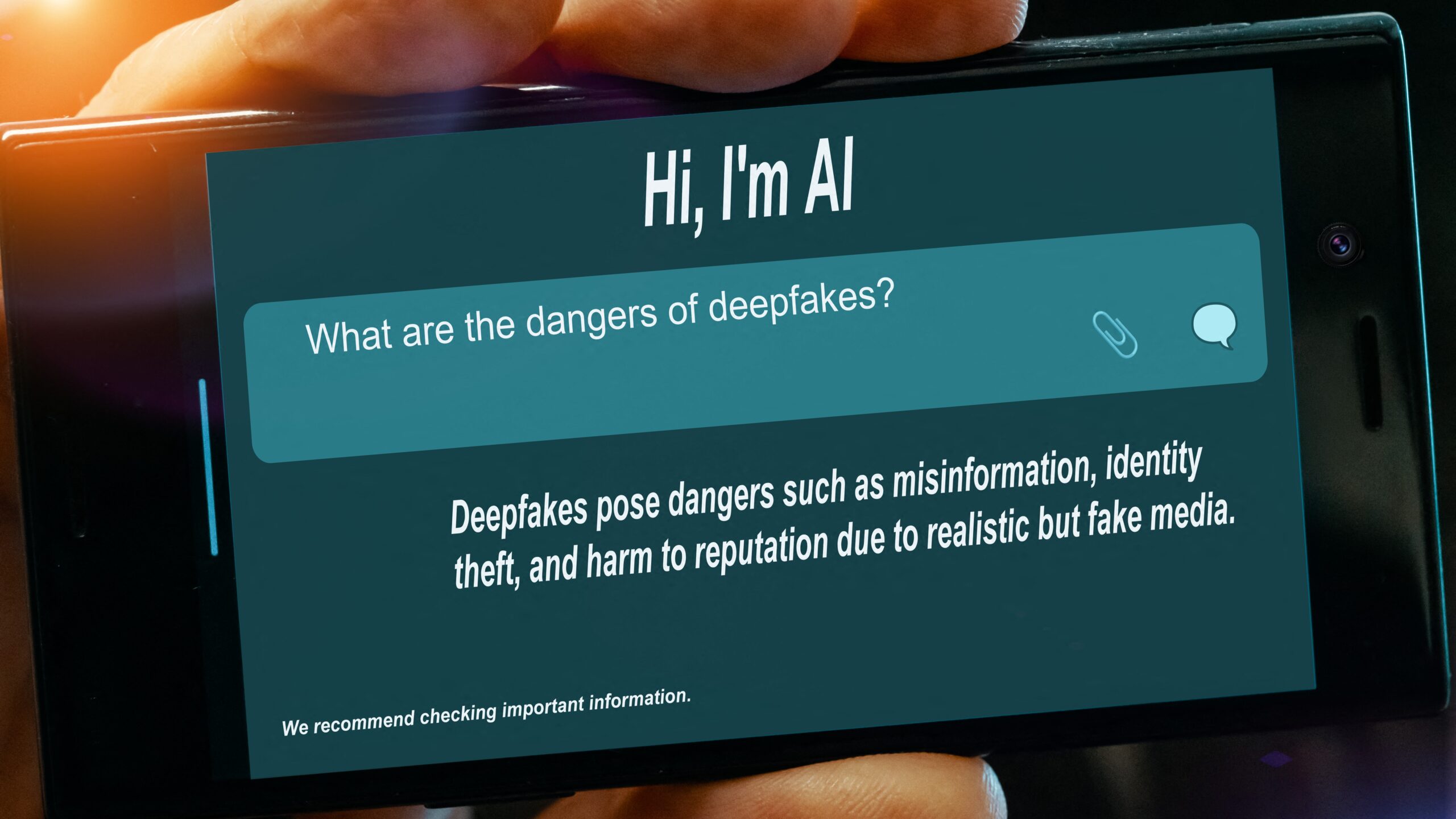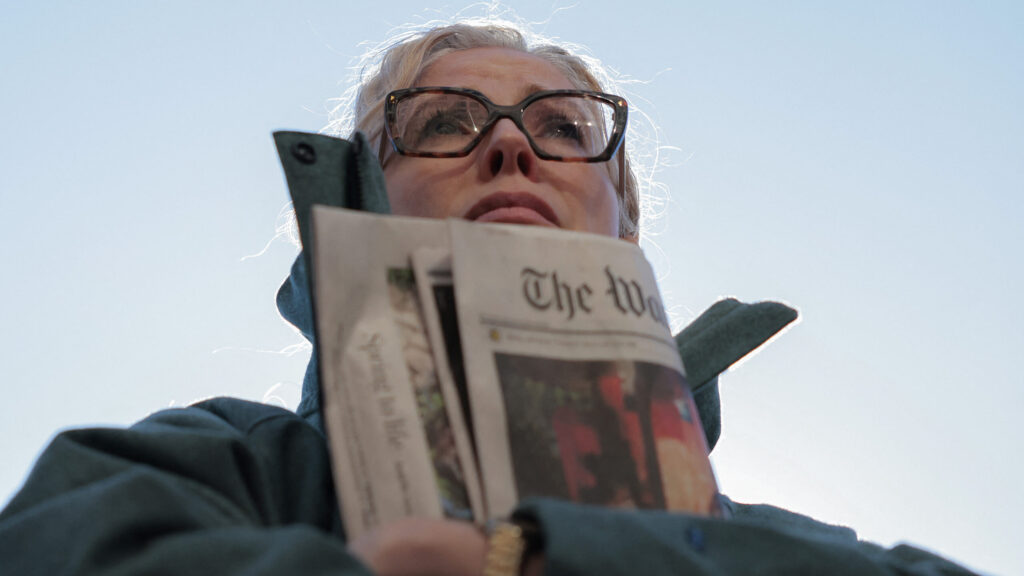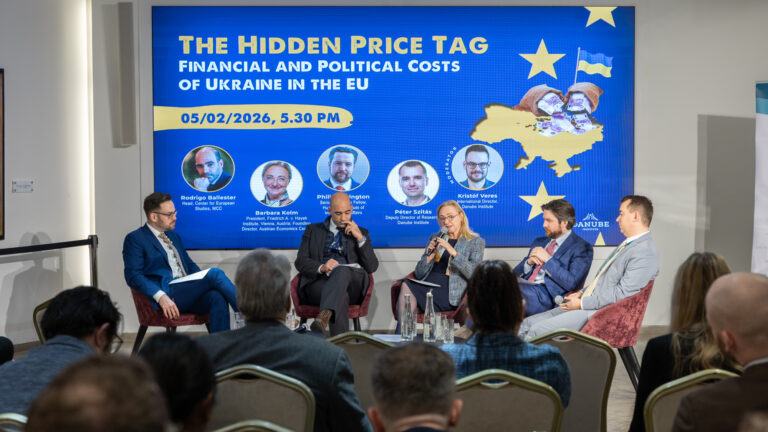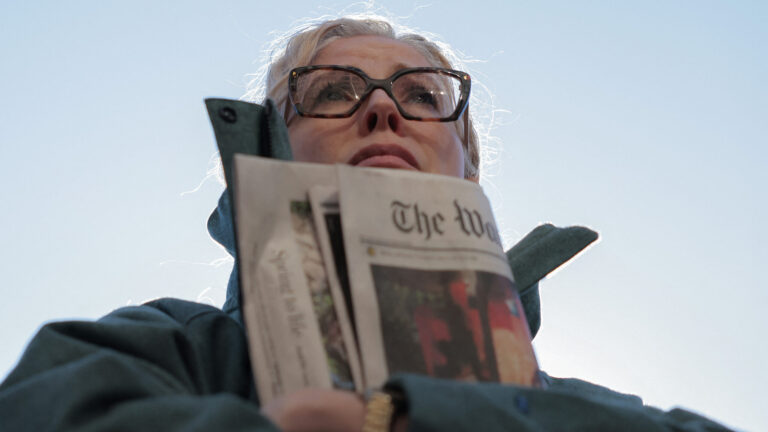‘Pineapple on Pizza is not only un-American, it is entirely unacceptable,’ President Ronald Regan, October 2025.
Or maybe not.
While President Regan is unfortunately no longer with us, thanks to the power of AI, he returned to the land of the living long enough to definitively declare that putting pineapple on pizza is a heinous act of treason, in a video so realistic that only the watermark proves it was AI-generated.
Sean Nottoli on X (formerly Twitter): “”Pineapple on Pizza is Un-American ” -Ronald Regan, 2025. Jokes aside, it’s time to have a serious conversation about #AI. These videos are so realistic, if it weren’t for the watermark- it’d be hard to tell it’s fake. #sora pic.twitter.com/Ler7Dx9K98 / X”
“Pineapple on Pizza is Un-American ” -Ronald Regan, 2025. Jokes aside, it’s time to have a serious conversation about #AI. These videos are so realistic, if it weren’t for the watermark- it’d be hard to tell it’s fake. #sora pic.twitter.com/Ler7Dx9K98
The technology has rapidly advanced so much that with apps like Sora 2, anyone can generate ridiculous, hyper-realistic AI videos, making anyone say whatever they want.
While amusing at first, the real-world implications are staggering. In this age of political polarization, where tensions are high and disinformation is rampant, the rise of AI-generated content has created a world where we are quickly losing the ability to know what is real and what is AI.
As someone with a decade of experience running and working on campaigns in the United States and having served as a director on the 2024 Trump Presidential campaign, I can’t help but think of the horror that would’ve been if this technology were as advanced and easily accessible just last year.
Working on campaigns at all levels and of all types, from Statehouse to the White House, from Campaign Manager to paid canvasser, I have always had to contend with some form of either dis- or misinformation. Whether it be a blatantly false rumour spread about my candidate from the opposition or their supporters, or—even more dangerously at times—false accusations against our opponents, which, if circulated and widely spread, could potentially threaten the perception of my candidate’s legitimacy.
In every campaign I have worked on, whether I was a volunteer or the campaign manager, I have had to act as a buffer, double-checking the claims of even the most well-meaning supporters to ensure any claims the campaign makes are accurate and on message. This part of the job could be taxing at times, and that was without AI in the picture.
Now with the power of artificial intelligence, professional campaign staff won’t just have to contend with rumours and salacious social media claims, but also with easily generated, hyper-realistic videos to back it up.
We have already seen AI used by partisans on both sides of the political aisle to stir the pot and gain clout on social media. From AI-generated videos of fake confrontations between fictional trans persons in bathrooms to fake statements by public figures like Erika Kirk, the internet has been flooded with phoney content designed to get views by causing controversy.
And what’s worse, the majority of people are engaging with this content believing it’s real. Taking advantage of our confirmation bias and tribalistic tendencies, these bad actors are creating an environment where it’s impossible to know what is real and what is clickbait or slander.
‘It’s not hard to imagine a scenario…in which a domestic or foreign actor could easily produce realistic videos to slander political rivals’
The implications are staggering. It’s not hard to imagine a scenario in either the upcoming midterm or the 2028 Presidential election in the United States in which a domestic or foreign actor could easily produce realistic videos to slander political rivals. Want to make your opponent look idiotic or racist? Simply take a photo on your phone, give the right prompt, and in a matter of minutes, you can have videos of your political rival saying or doing anything you want.
While apps like Sora 2 have safeguards against using the likeness of living people in their AI-generated content, users and internet goers are already finding easily accessible alternate platforms where there are no restraints or even watermarks placed on their videos that they generate. This creates the possibility of not only generating slander that could be accepted as credible, but also gives governments and candidates the option to claim any gaffe or controversial statement they make online was actually AI-generated, freeing them of the consequences of their actions.
It should be obvious how dangerous this is, especially in an age where governments and organizations have used disinformation to influence and inspire violent protests around the world. Having had direct experience with the effects of these tactics on the campaign trail, I can say that steps need to be taken now, well before the next election cycle starts.
All internet and social media platforms need to be required to clearly label AI-generated content so no user can be fooled. As this technology is still brand new, safeguards are still being developed, but it is unclear whether they will be created in time. Research into AI’s effect on elections is only just starting to take place; this is a developing field of study, and I recommend you follow in order to learn more. AI is beginning to affect our lives in ways we’ve never imagined.
Stay vigilant; it’s more important now than ever to be informed.
Related articles:







